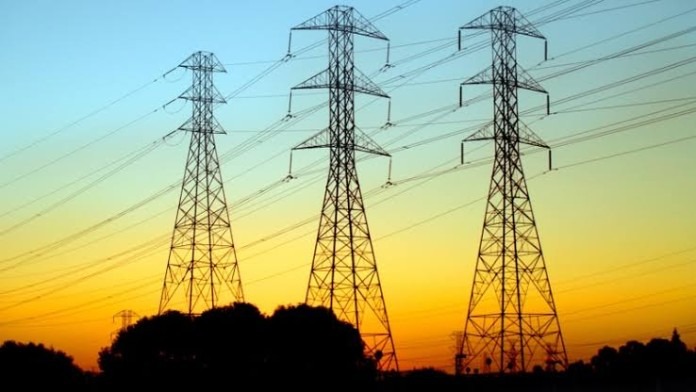By Aaron Ossai
Amidst complaints of poor electricity supply and high tariffs among electricity consumers, the Speaker of the House of Representatives, Hon. Tajudeen Abbas has said that over the years, Nigeria’s power sector has grappled with challenges that have stifled its growth and hampered efficiency.
He said the challenges include inadequate generation capacity, dilapidated infrastructure; frequent disruptions in power supply and financial inefficiencies that have eroded the sector’s viability.
The Speaker stated this while declaring open a Power Sector Stakeholders Interactive Dialogue/Workshop organised by the House Committee on Power with the theme: “Confronting Nigeria’s Power Challenge as the Nation Migrates to a Multi-Tier Electricity Market: A Legislative Intervention.”
He also lamented the inadequate metering and the consequent revenue losses which according to him have perpetuated a cycle of debt and underinvestment that has undermined the sector’s potential.
Speaking further, the Speaker said “as the nation navigates these challenges, the stakeholders must foster collaborative efforts that leverage both public and private sector expertise and resources. This dialogue embodies such collaboration and is crucial in charting a forward path.”
“The shift towards a multi-tier electricity market represents a strategic pivot in our approach to power sector reform. He added that this model envisaged a structured market segmentation that allows for differential pricing and service levels tailored to diverse consumer needs and capacities.
“It promises enhanced efficiency through competitive practices, encouraging investment by delineating clear market segments, and improved reliability and service delivery across the board.
“However, this is just one side of the coin. Despite the much-touted benefits, the transition to a multi-tier market is challenging. These include regulatory complexities, the need for substantial capital investment, and the risk of market segmentation leading to disparities in service quality, and resistance from different stakeholder groups due to changes in tariff structures.
“We must acknowledge that numerous stakeholders and industry experts have expressed concerns that the proposed increase in electricity tariffs could lead to significantly higher utility bills. This increase could reduce disposable income for consumers, escalate operational costs for businesses, and increase the prices of goods and services, disproportionately affecting low-income earners in Nigeria.
“Some experts argue that these changes might drive more individuals into poverty, especially as inflation and foreign exchange issues continue to strain households and businesses.
“Additionally, critical problems within the electricity value chain need to be addressed. Technical and commercial losses, which have not been effectively tackled, add inefficiencies that consumers are indirectly forced to cover, contributing to the cost recovery efforts. These losses amount to billions of naira”, he stated.
Earlier in his speech, the Chairman, House Committee on Power, Hon. Victor Nwokolo said the aim of the workshop is to provide a dynamic platform for stakeholders to evaluate the progress made thus far in the Nigerian Electricity Supply Industry (NESI)’s development.
“We will delve into the successes, challenges, and opportunities encountered along this journey, seeking to identify key areas for improvement and innovation.
“Our discussions will center on the seamless transition to a Multi-Tier Electricity Market, as outlined in the Electricity Act of 2023. This transition holds immense potential to enhance competition, efficiency, and reliability within the electricity market, ultimately benefiting consumers and driving economic growth”, he added.







